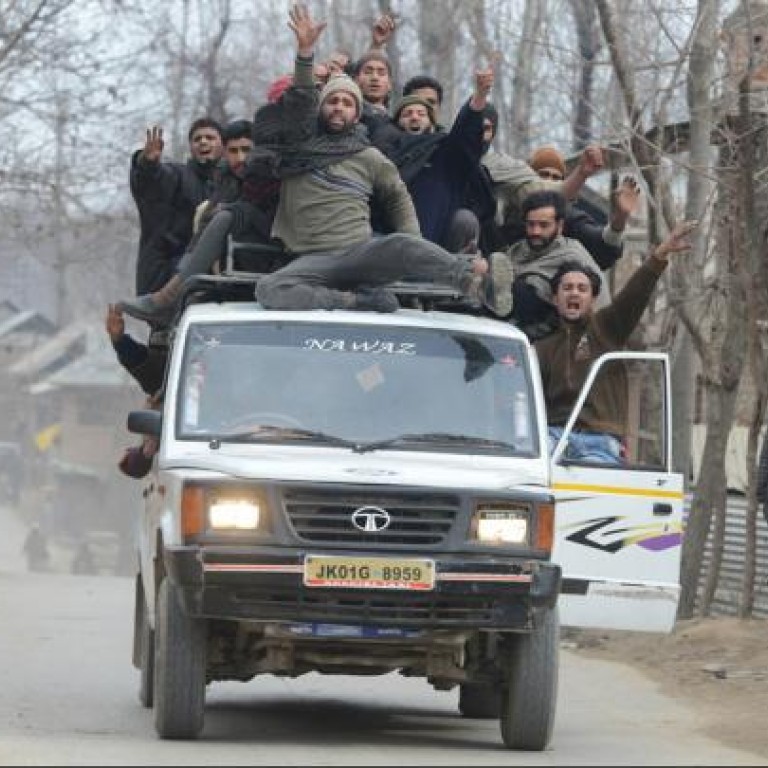
China and US can use influence to ease tensions in Kashmir
If the Middle East is a flashpoint for conflict that sparks diplomatic clashes among international powers, flare-ups on the hotly disputed India-Pakistan border in Kashmir have the potential to make the world's heart skip a beat. Both countries, after all, possess nuclear weapons, and neither is party to the nuclear Non-Proliferation Treaty, which aims to prevent the spread of nuclear arms. Border skirmishes have continued since a ceasefire in 2003. As a result the UN and leading powers are quick to call for calm, as they did last week after an exchange of fire killed one Pakistani soldier and two Indians. A claim that one of the Indians was beheaded, denied by Pakistan, briefly threatened to sustain hostilities.
The two sides have claimed and fought over Kashmir, which each controls part of, since independence from Britain in 1947. Relations between political leaders of the two countries ruptured after the terrorist attacks in Mumbai in 2008, which India blamed on militants trained in Pakistan. Since then, however, they have slowly improved, amid dialogue to resolve differences, including the border. This has led to the easing of trade and visa restrictions and a series of cricket matches, a sporting passion the two countries share.
Meanwhile, China has built friendships with India's neighbours, most notably Pakistan, for which it supplies military hardware and nuclear technology. That in turn has led India to move closer to the US, with which it concluded a deal in 2008 for nuclear fuel and technology, ostensibly for civilian use but capable of being used for nuclear development.
Amid China's growing political and strategic profile in the region, and Washington's so-called pivot of military and diplomatic power towards the Asia-Pacific region, ceasefire violations between nuclear neighbours on the subcontinent do nothing to lower tensions. Beijing and the US should, therefore, do all in their considerable diplomatic power to prevent violations from derailing efforts to normalise bilateral relations. Thankfully, officials in both New Delhi and Islamabad have acknowledged the need to keep them on track.

